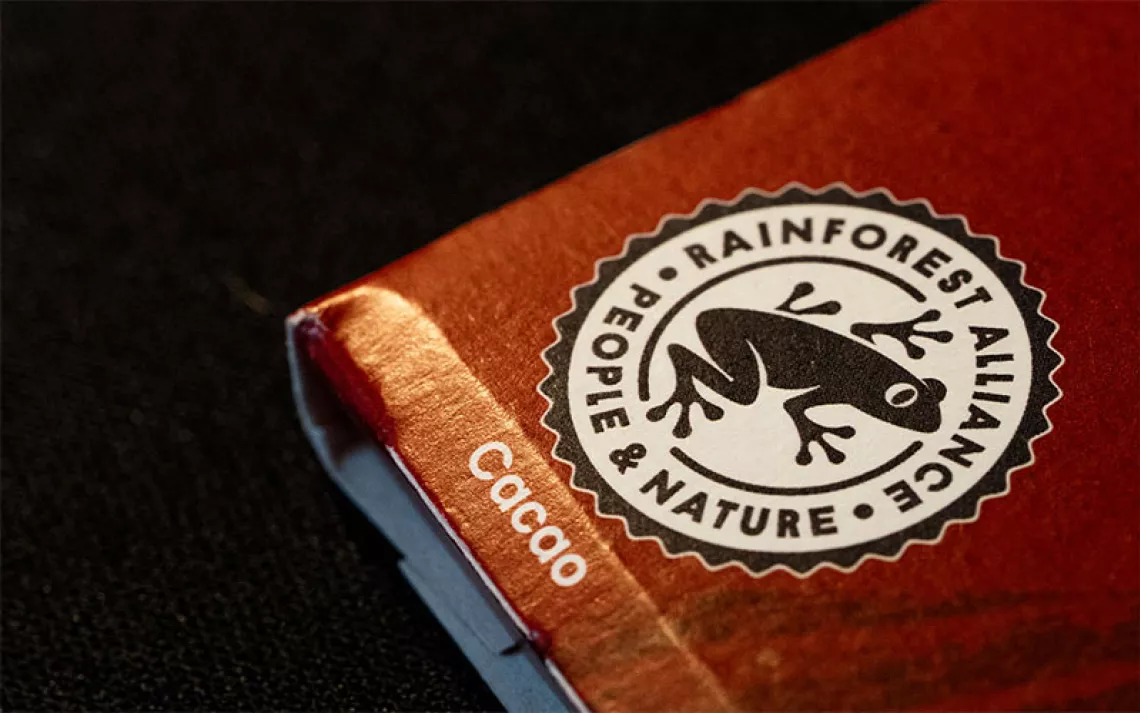Helping Taos Make Business From Tradition
Two social justice veterans meld Native American traditions with modern technology to create a better food system

Terrie Bad Hand and Pati Martinson, Taos County Economic Development Corporation co-directors.
Pati Martinson: Terrie and I were working at the Indian Center in Denver more than 30 years ago when the tribal government of Taos Pueblo invited us down to New Mexico to establish a nonprofit that supports the food, land, water, and culture of the Pueblo people. Our first project was an incubator for artisans—woodworkers, jewelry makers, people who did upholstery and tinwork. But there was also huge demand for help with food-related businesses, so we got $2.5 million in grants and a donation of six acres to build our food center, which now encompasses 24,000 square feet and features a 5,000-square-foot commercial kitchen.
Terrie Bad Hand: All of our projects are aimed at helping land-based people hold on to their way of life and add some kind of economic value. We've helped more than 150 people start food businesses. Our refrigerated truck delivers their products—everything from fresh-packed meals to local meats to energy bars made from locally grown grains—to 18 regional stores. We also have a one-acre garden and greenhouses where community members plant, cultivate, harvest, process, and sell vegetables, herbs, and flowers. In 2006 we built a mobile stock-slaughtering unit for ranchers who were struggling to survive, given the closure of processing plants, the difficulty of transporting animals, and their isolated location.
Martinson: Now we're forming the Native American Food Sovereignty Alliance to be a national voice for Native, community-focused food initiatives. The first priority is to advocate for revisions to the Food Safety Modernization Act. The FDA inspector who came to our food center, for example, made us build a $7,000 fence around the community garden, build separate washing stations, and install a chain-link fence around the wellhead to protect it from terrorists. Increased regulations and costs could really deeply impact sovereign nations, and that's a current, urgent consideration.
Start-Up Nation
Since its founding in 1987, Taos County Economic Development Corporation has provided more than 6,000 people with education and skills training.
 The Magazine of The Sierra Club
The Magazine of The Sierra Club



